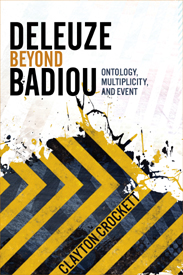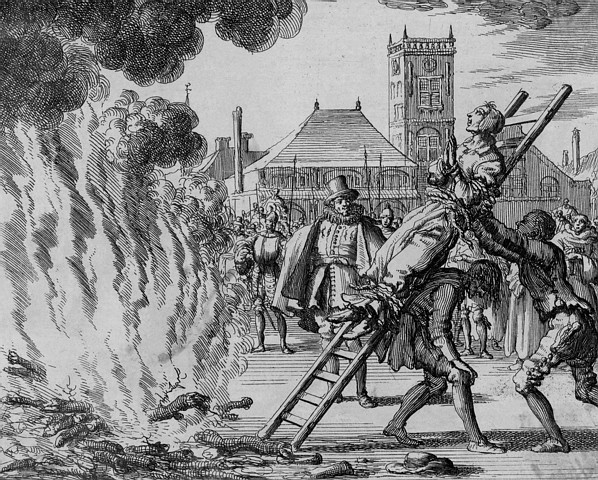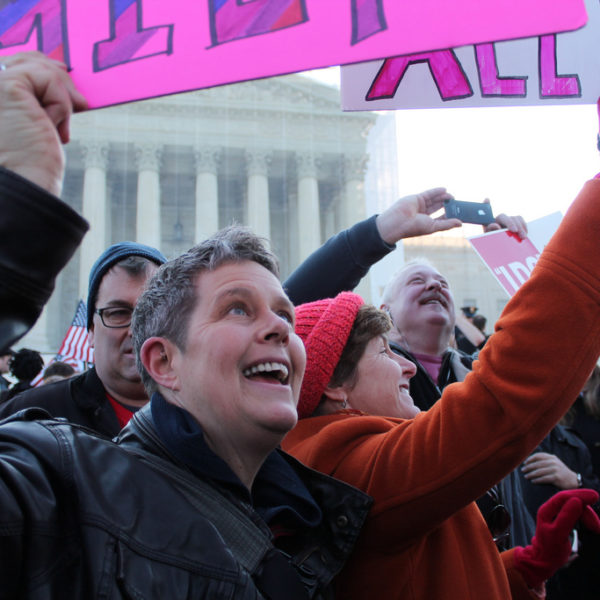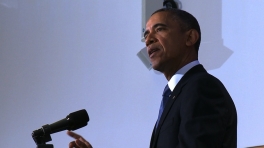
Clayton Crockett’s Deleuze Beyond Badiou is more than a commentary on Badiou’s reading of Deleuze or a defense of Deleuze. It is, rather, a transdisciplinary work that crosses the domains of theology, philosophy, and politics through a reading of the relationship between Deleuze and Badiou. Crockett’s goal, however, is not primarily descriptive but constructive, in that he uses the relationship between the two philosophers as a means for thinking otherwise.

Brad Littlejohn’s blog entry here last week would raise significant difficulties for the thesis of my book The Myth of Religious Violence if 1) the argument of that book is that modernity is more violent than previous epochs and 2) Steven Pinker has proven that modernity is in fact less violent than previous epochs. However, the first of these premises is false, and the second is highly questionable.

Mikhail Rostovtzeff is barely remembered in our time. Yet the paradox he embodied – a staunch anti-communist who championed economic analysis of classical Greece and Rome – is worth reconsideration. To his great credit, Rostovtzeff set out to shift the focus of ancient historiography on politics and military matters to economic concerns. Classically trained, a man of prodigious learning and without fear of grand narratives, Rostovtzeff boldly reconstructed the economies of ancient Greece and Rome in terms familiar from capitalism, that is, in terms of neoclassical economic theory.



